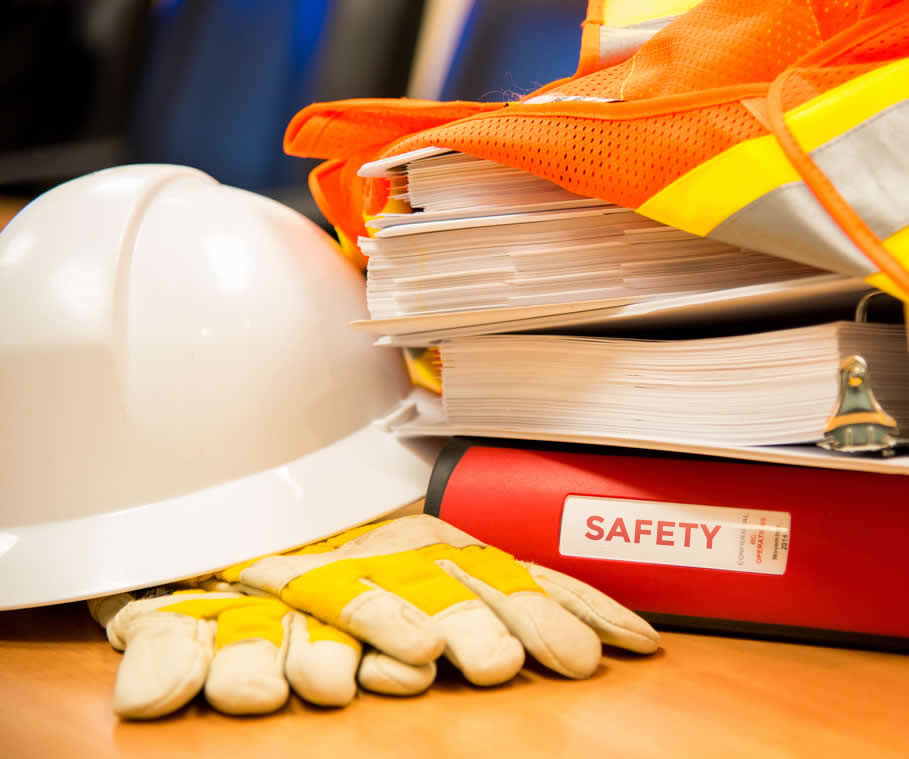

By Tanya Borthwick
Emergencies can happen anywhere and at any time. The very nature of an emergency is unpredictable and can change in scope and impact. Being prepared and planning ahead is critical to protecting lives, the environment, and property.
According to the Canadian Centre for Occupational Health and Safety, “an emergency plan specifies procedures for handling sudden or unexpected situations. The objective is to be prepared to:
Since emergencies will occur, preplanning is essential. At the onset of an emergency, a lot of decisions need to be made in a short period of time. Time and circumstance can mean the normal chain of command is not accessible. Added to that, stress of the incident can result in poor judgement or extensive losses.
Developing a program in advance, training everyone on the program, and continuously reviewing and revising it is integral to the successful management of an incident. Instilling a sense of confidence in your staff that they know how to react regardless of the situation is priceless when minutes count.
Aside from the obvious benefit of providing guidance during an emergency, the act of planning itself is a critical part of the program. The process can identify various deficiencies such as a lack of resources (equipment, trained personnel, supplies), or items that can be proactively resolved. In addition, an emergency plan promotes safety awareness and shows the organization’s commitment to the safety of workers.
Your emergency response program should look at both the big picture and the small details to determine the risks and hazards potential to your operations. A plan should be developed using available resources, trained personnel, and industry best practices keeping in mind the safety of people, the environment, property, and business continuity. Experts in writing Emergency Response Plans, such as Black Gold Emergency Planners, can be consulted to help develop a program for any industry.















